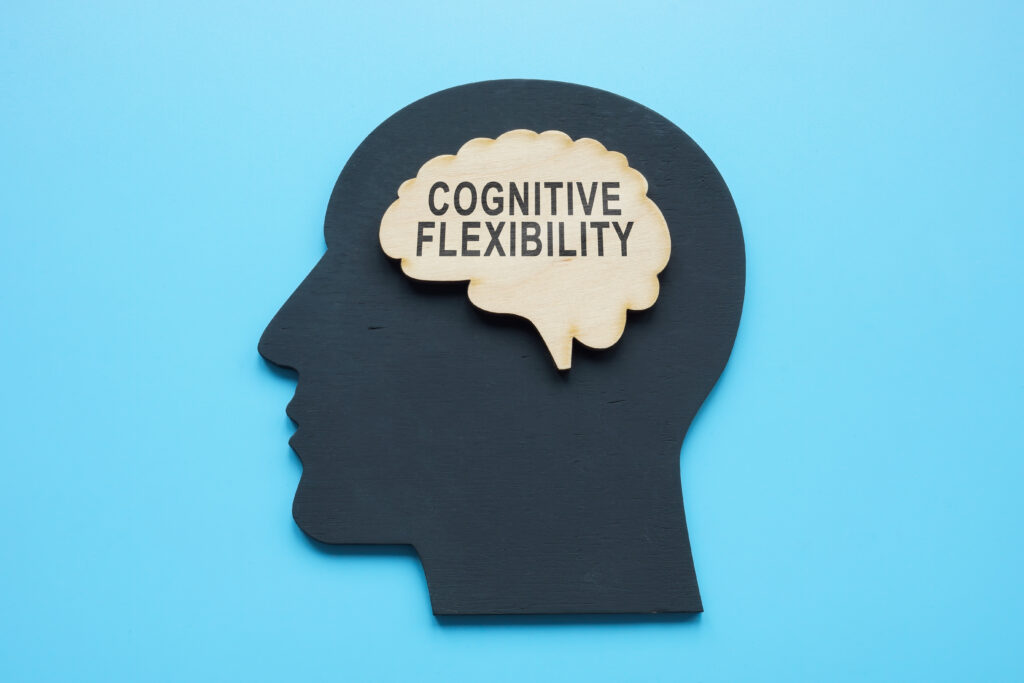Dementia is a medical term used to describe a group of symptoms that affect an individual’s memory, thinking, and behavior. It is a common condition, usually affecting older people, and it can gradually worsen over time. Dementia is not a specific disease, but rather a set of symptoms that can be caused by various underlying diseases or conditions. One of the most common types of dementia is penyakit dementia, which translates to “disease of forgetfulness” in Indonesian.
Penyakit dementia, also known as Alzheimer’s disease, is a progressive brain disorder that affects millions of people worldwide. It is named after a German neurologist, Alois Alzheimer, who first identified the disease in 1906. In penyakit dementia, the brain cells degenerate and die, leading to a decline in cognitive abilities such as memory, language, and problem-solving skills.
The exact cause of penyakit dementia is still unknown, but researchers believe that a combination of genetic, lifestyle, and environmental factors may play a role in its development. The most significant risk factor for this disease is age, with the majority of cases occurring in people over the age of 65. Other risk factors include a family history of dementia, head injuries, and certain genetic mutations.
The early signs of penyakit dementia may be subtle and can easily be mistaken for normal age-related changes. However, as the disease progresses, the symptoms become more noticeable and interfere with daily life. Some of the early symptoms include forgetfulness, difficulty completing familiar tasks, confusion about time or place, and changes in mood and personality.
As penyakit dementia progresses, individuals may experience more severe symptoms such as difficulty speaking or understanding language, disorientation, loss of motor skills, and changes in behavior and personality. They may also struggle with self-care tasks like dressing and bathing. In the later stages of the disease, individuals may become completely dependent on others for their care.
Unfortunately, there is no cure for penyakit dementia. However, there are treatments available that can help manage the symptoms and improve the quality of life for individuals with the disease. These treatments include medications that can slow down the progression of the disease and improve cognitive function, as well as therapies such as occupational and speech therapy.
In addition to medical treatments, there are also lifestyle changes that can help with managing penyakit dementia. Regular exercise, a healthy diet, and staying mentally active through activities like puzzles and reading have been shown to have a positive impact on cognitive function.
Caring for someone with penyakit dementia can be challenging, both emotionally and physically. As the disease progresses, individuals with penyakit dementia will require more care and support. It is essential to seek help from healthcare professionals and support groups to learn effective communication techniques and coping strategies.
In conclusion, penyakit dementia is a progressive brain disorder that affects millions of people and has no cure. It is crucial to recognize the early signs of the disease and seek medical attention for proper diagnosis and treatment. By staying informed and seeking support, individuals with penyakit dementia can maintain a good quality of life and continue to live as independently as possible.


